Introduction: Attic Conversions Price-A Complete Pricing Guide
What’s an Attic Conversion?
Picture yourself opening a treasure chest directly above your head. You can turn that dingy, abandoned attic into a gorgeous living area that will increase the square footage of your house and its overall worth. It is important to comprehend the attic conversion price while thinking about this modification. More than just a makeover, an attic conversion is an opportunity to revitalize your house and turn it into a space where every square inch is valued and used.
Why Should You Consider Attic Conversion?
The idea of an attic conversion isn’t just about adding space; it’s about creating a haven. Whether it’s a cozy bedroom, a serene home office, or a playroom filled with laughter, transforming your loft can answer all these space issues. In this world where moving homes can feel overwhelming and expensive, converting your attic is a practical and deeply rewarding solution.
Understanding Attic Conversion Costs
Average Costs Across the USA
When considering an attic conversion, the first question that often comes to mind is, “How much will it cost?” The average cost in America is around $40,000-$90,000 for an attic conversion, which may differ greatly depending on numerous factors. The figures might seem excessive, but think of it as putting money in your house- a move that makes it more comfortable, larger, and valuable in the future.
Price Factors
Several factors influence the cost of attic conversion, including the size of your attic, the complexity of the design, the kind of materials used, and the degree of structural modifications required. Every one of these components shapes not just the ultimate cost but also the aesthetic and practical aspects of your renovated area.
Local Differences
Place, place, place—it’s not just about property but also development expenses. For example, in places like California or New York, where labor and materials are relatively costly, you should expect higher costs for your attic conversion. On the other hand, if you live in states like Texas or Florida, you may find that you do not have to go overboard with your budget.
3. Types of Attic Conversions
Dormer Conversions
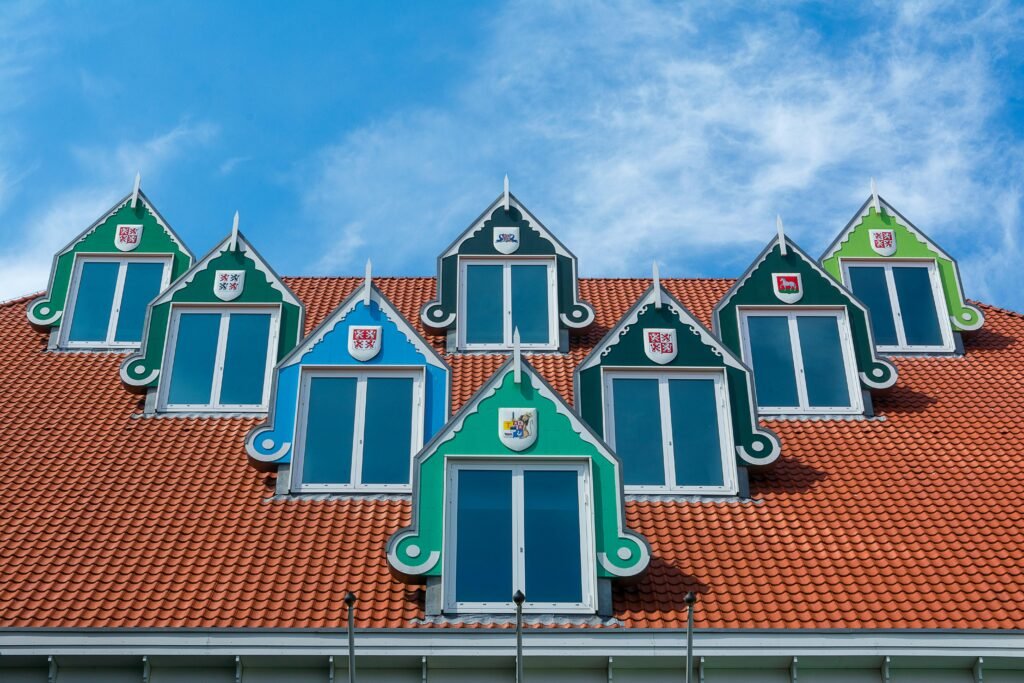
Among the most popular types of these conversions is that of a dormer, which gives extra headspace and allows more natural light inside. This conversion could transform a dull room into a bright, airy one, perfect for a bedroom or living area. It’s like making your home open to the sky, allowing in light and turning an enclosed and dimly lit place into something beautiful.
Mansard Conversions
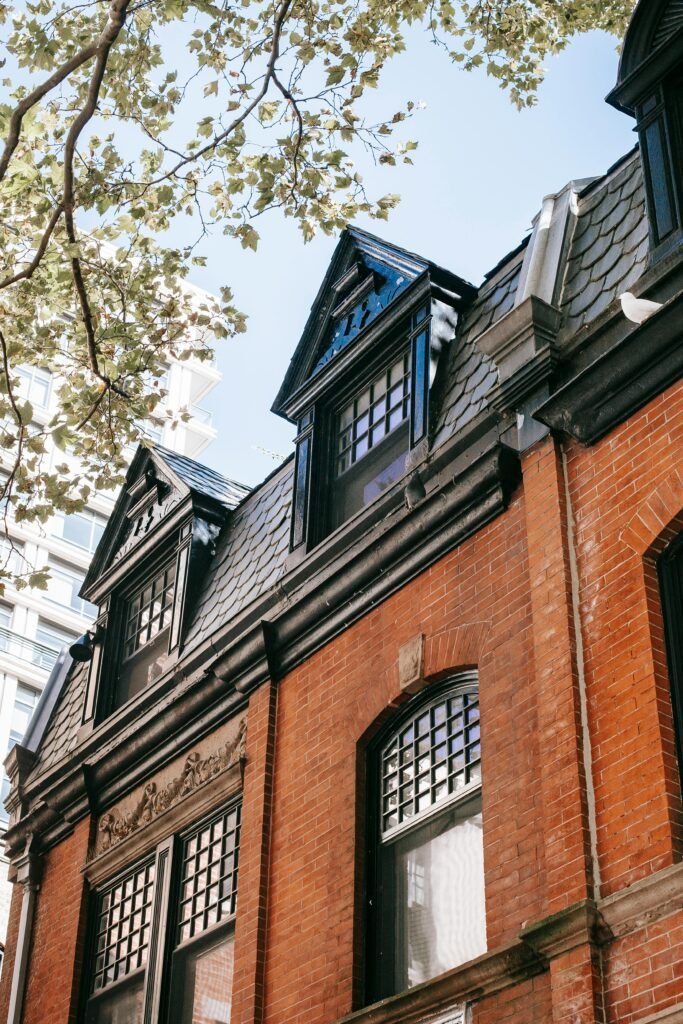
Mansard conversions have steep roofs, which make them look stylish and offer plenty of space to live in while keeping the aesthetic appeal of your house intact. This kind of conversion may be more difficult and expensive, but it can radically transform your unused attic space into a lavish retreat.
Roof Light Conversions
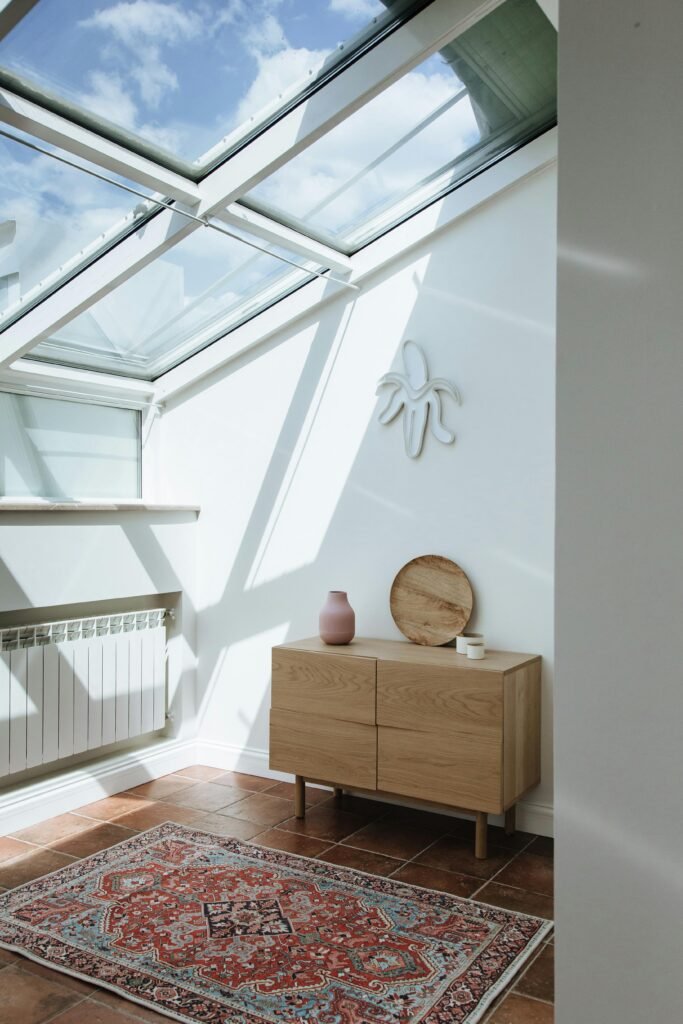
For people on a budget, rooflight conversions might be the answer they need. By simply installing skylights, you can improve the amount of sunlight penetrating your loft without modifying its structure. It’s an understated yet effective way to convert your attic into another room.
Hip to Gable Conversions
Hip-to-gable conversions involve elongating the roof all through to create a whole gable wall, which would give more interior space and modernize its appearance. This is the ideal type of conversion for homes with hipped roofs because it adds space and curb appeal. It’s almost as if you’re giving your residence another side view that makes it taller than ever from everywhere else in town.
Design and Planning
You must invest in design and planning before the first nail is put in. Employing the services of an architect or a designer who will bring your idea to reality could cost you between $1,500 and $5,000. This step is very important as it is where your dreams become vivid on paper.
Structural Changes
Structural changes are often the greatest expense in attic conversion projects. Reinforcing the floor, altering the roofline, and adding windows can be expensive, ranging from $10,000 to $25,000. Nevertheless, they transform your storage attic into a habitable space.
Electrical and Plumbing
The installation of electrical wiring and plumbing systems is part of the cost of converting attics into living spaces. This amount might increase by another five to fifteen thousand dollars as the hidden behind-the-wall groundwork has to be done for your space to function comfortably.
Insulation & Ventilation
Proper insulation and ventilation are necessary to make your attic comfortable year-round. This phase may cost between $2,000 and $6,000, though it is necessary if you want a room that feels cozy in winter yet cool in summer.
Finishing Touches
Finally, there are finishing touches, which might range anywhere from three thousand to ten thousand dollars—flooring, painting, and lighting. These items breathe life into your concept.
5. Cost-Saving Tips
DIY vs. Hiring a Professional
Some parts of an attic conversion, especially the structural work, may require professional expertise. But if you are handy with tools, you might want to do some of it yourself. This will help you avoid spending a lot and still get the best for your home.
Repurposing Existing Materials
If you have old beams or even doors that can be reused, this can save you a lot of money. Repurposing furniture from your attic or house could add personality to your new space without breaking the bank.
Efficient Use of Space
Smart design is another way to reduce costs in an attic conversion. By making effective use of space, the need for extensive structural alterations and the costs associated with them can be reduced. In other words, less is sometimes more.
6. Financing Your Attic Conversion
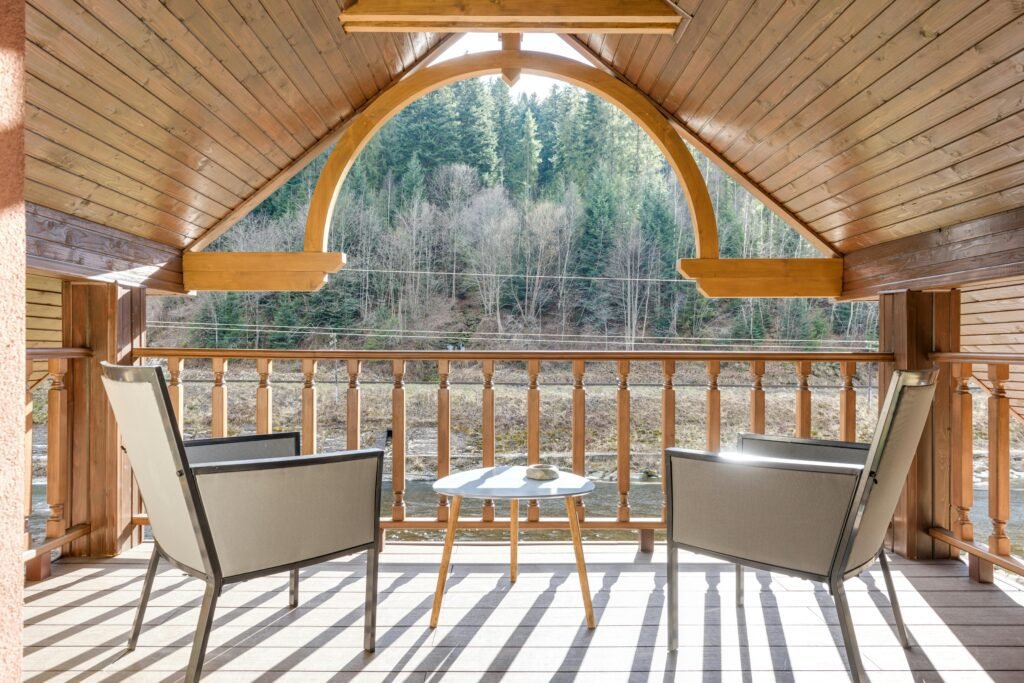
Home Equity Loans
Home equity is a popular option for homeowners to finance an attic conversion. Home equity loans tend to have lower interest rates than other types and are attractive for people willing to make huge investments in their homes.
Personal Loans
For homeowners who do not have enough equity in their homes, though, personal loans could also come in handy. These types might charge higher interest rates, but the approval process is usually quick, allowing one to commence on his/her project sooner rather than later (Wikipedia 2004).
Mortgage Refinancing
You might also consider getting a mortgage refinance to fund the expense of making your attic usable. This will let you extend the payment across the length of the mortgage and lessen its burden.
7. Legal Considerations
Permits and Regulations
Do check to see if you comply with local building codes and laws before starting to wield the hammer. Obtaining relevant permits is essential because it will protect you against future lawsuits that are likely to be detrimental to your finances.
Zoning Laws
Zoning restrictions may dictate what is permissible for your specific loft area. Check with your local council to see if the modifications you wish to make to your reformed bedroom attic comply with the regulations.
Homeowners Association Rules
Don’t forget to read through their homeowners association’s rules and regulations if you live in such an area. For instance, certain associations may have very stringent guidelines regarding home improvement projects like loft conversions.
8. ROI and Value Addition
Impact on Home Value
One must keep in mind that a high-clav loft conversion can increase the price of a house, sometimes by as much as 20%. And that’s more than just making space; it means creating value that future buyers will see and appreciate, so it adds.
Potential Resale Value
When the selling time comes again, properly executed, an attic conversion will make your house stand out from other houses on the market. Such houses get higher bids because buyers tend to buy more expensive houses with extra rooms as investments.
Long-Term Benefits
In addition to providing immediate investment returns, attic conversions offer long-term benefits, such as improved energy efficiency and the pleasure of having a room designed to their needs.
9. Real-Life Case Studies
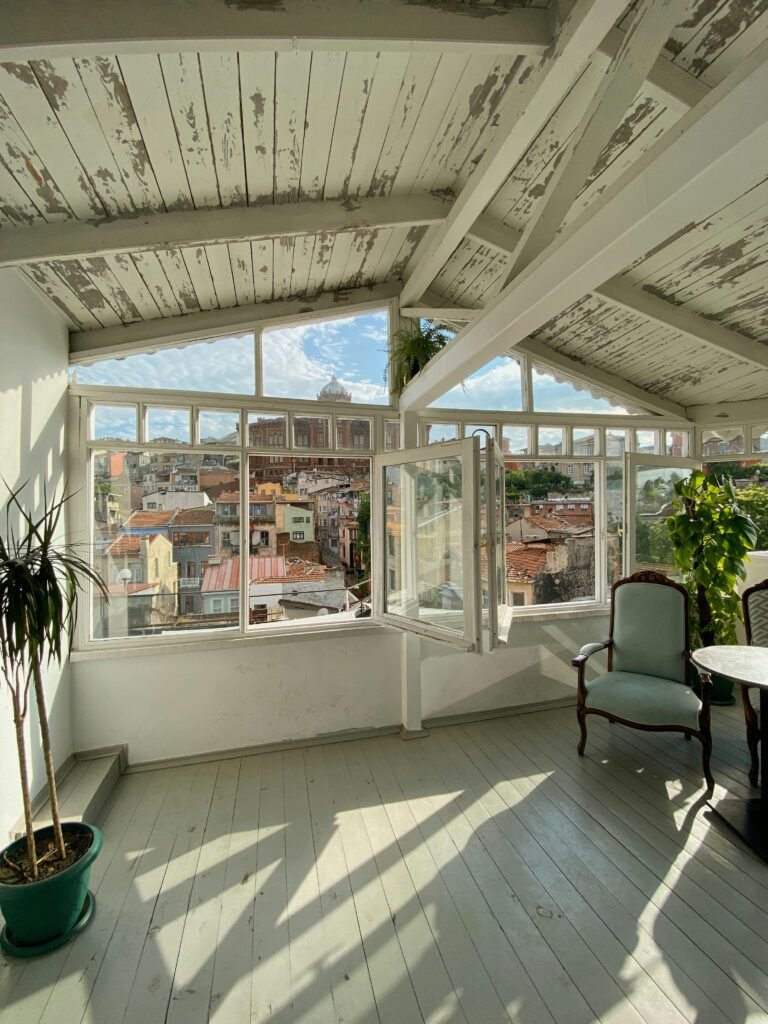
Success Stories
Conversions of attics into dream spaces have many win-win solutions with homeowners. From sophisticated home offices to snuggly bedrooms, these alterations have added beautiful extra space and liveliness and cheer to the homes.
Common Pitfalls and How to Avoid Them
While some attic conversions are successful, others are not, and these may include issues like structural alteration or budget overstepping. By learning from other people, you can avoid such blunders and complete your project successfully.
10. Future Trends in Attic Conversions
Sustainable and Eco-Friendly Options
There is an increasing trend to use the attic space in a sustainable manner, as users are more conscious about the environment. The use of recycled materials, energy-saving insulation, and skylights powered by solar energy should ensure your conversion is stylish and green.
Integration of Smart Home Technology
Attic conversions are also being done with installations of smart home technology, ranging from automated lighting to air conditioning systems, which could improve the beauty and feasibility of the newly converted area.
Multi-Functional Spaces
There is also a trend now towards multi-solution rooms affecting attic conversions. It could be an occasional room that doubles up as a home office or a playroom that changes into a cinema hall; either way, space becomes important.
Conclusion
Recap of Key Points
Converting the attic is simply an astonishing undertaking that involves either the home or the person and a number of possibilities. To some extent, I am worried about the costs or what type of conversion to undertake, but this guide has covered all the basics.
Final Thoughts and Encouragement
The attic conversion is more than just an upgrade or even a building effort; it is a means for you to create the space you always desired, the one tailored to your needs. So count me in for the next episode, and prepare yourself to revolutionize your attic and also your life. The rewards that come with this profession, financial and otherwise, are worth it.

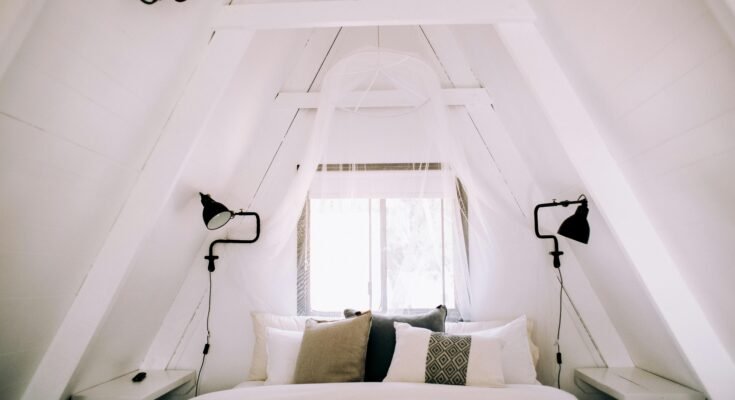
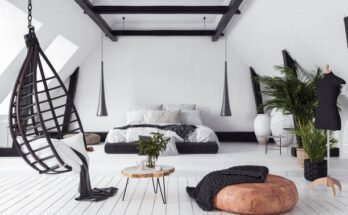
How can homeowners incorporate sustainable and eco-friendly elements into their attic conversions, such as using recycled materials or implementing energy-efficient solutions, to reduce their carbon footprint and create a more environmentally conscious living space?”,
“refusal